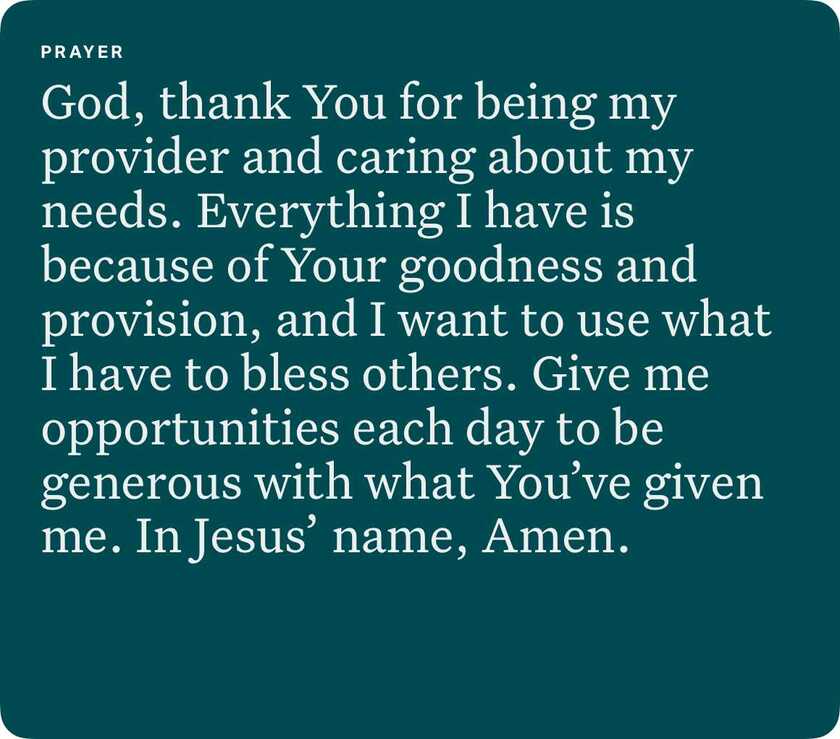I will share about Christian books I have read or listened to.
I will be sharing about my life before and after Christ. I will include stories about my pet and other pets I have encountered.
A Shelter Through the Storm
If you’ve ever experienced a strong storm or natural disaster, you know the importance of a safety shelter to protect you. Whenever there is a threat, we need something stronger than that threat to shield us.
This is also true in our daily lives. We are susceptible to attacks from our spiritual enemy and from other dangers in life. Sometimes we need to be rescued from our thoughts and habits. Other times we need someone to help us heal from something that we can’t handle by ourselves.
Scripture refers to God as our refuge and shelter. As children of God, we can rest in His strength and power, knowing that He is able to keep us safe from any situation we may experience.
Because God created us, He truly knows what’s best for us. He knows how to protect our souls and keep us from danger.
However, this requires that we go to Him when we need help. We cannot rest in His presence if we do not spend time in His presence. He is a refuge to those who actively trust Him and seek His help. Regardless of what difficulty you’re experiencing, God is able to help you through it.
The best way to seek God’s help is through prayer. Spend some time talking with God, telling Him exactly how you feel. Ask Him for the things you need. As you seek His presence and trust in Him, He will protect you and keep you safe.
A Life of Generosity
As Jesus was teaching people, there was a group of leaders who were not always the best role models. When these people helped others, they would boast about it and tell everybody the good deeds they did. They made sure to flaunt their good works publicly for everyone to notice them.
Jesus’ teaching in Matthew 6:3 is directly related to what these leaders were doing. Jesus says that when we give to those in need, we shouldn’t let our left hand know what our right hand is doing. Essentially, our goal in giving to others should not be recognition.
Jesus’ teaching is about the condition of our heart. If we’re giving to others for the sake of being recognized for doing good, then we’re not helping people with the right motives. This should not stop us from giving to others, but it should guide our motives for doing so.
When we help others, we should do so primarily for their benefit—not our own. This means there’s no need to broadcast it. Instead, we should have ...















